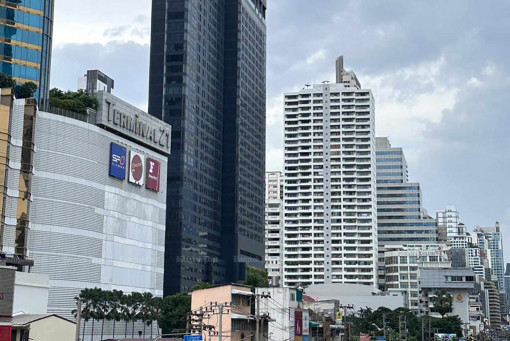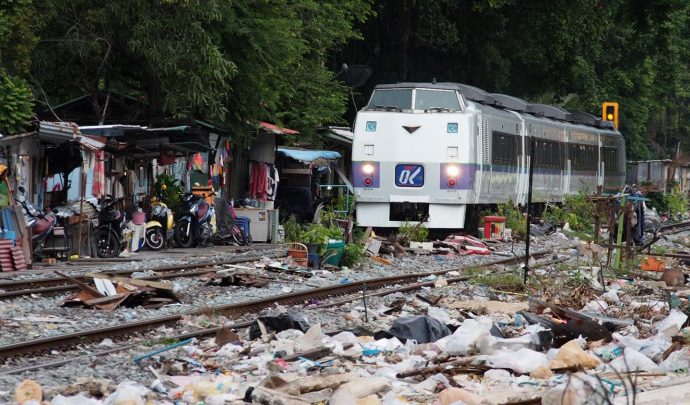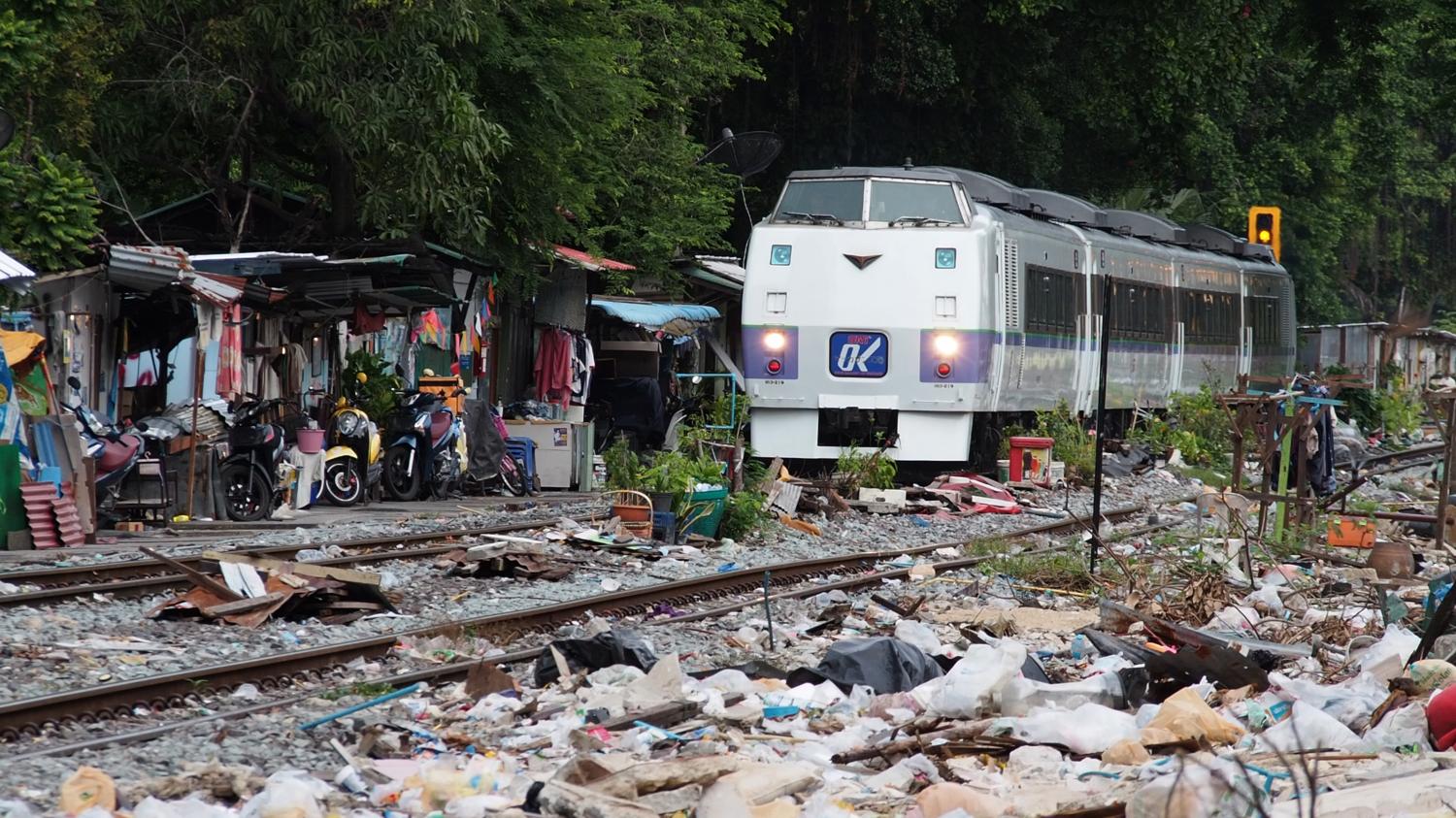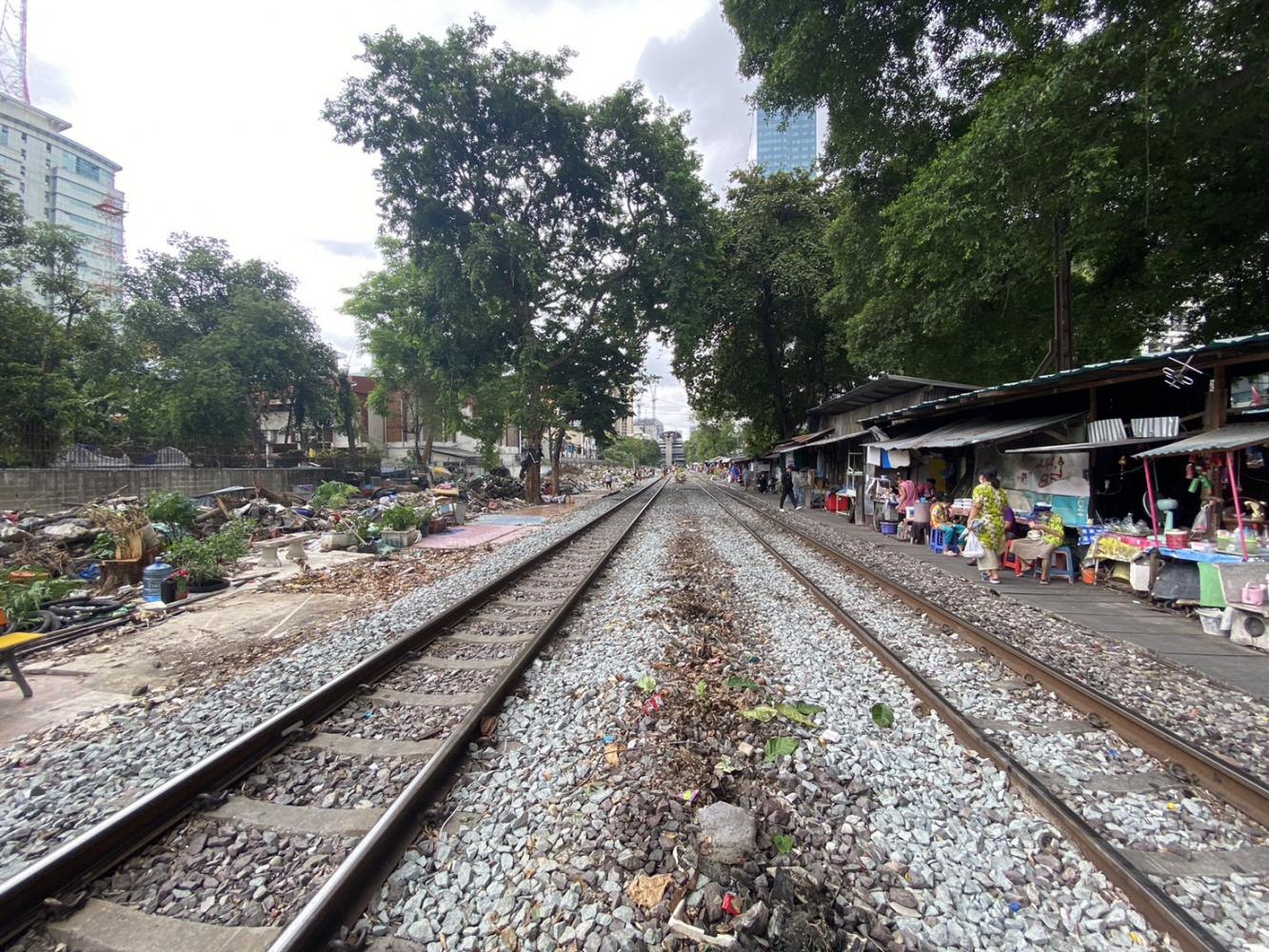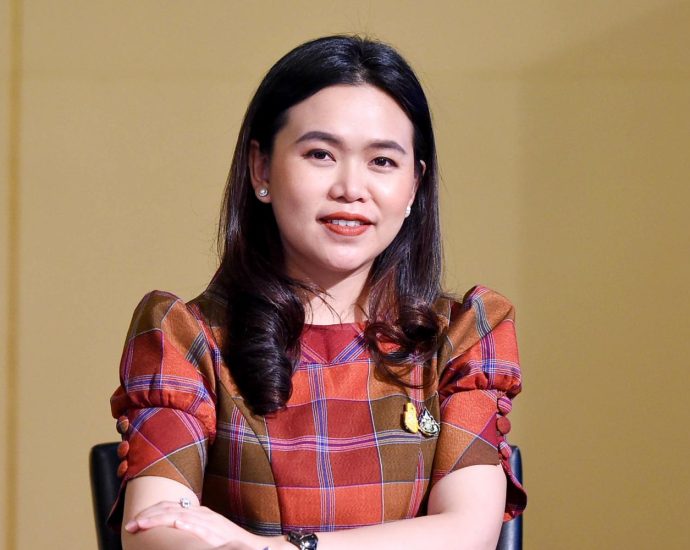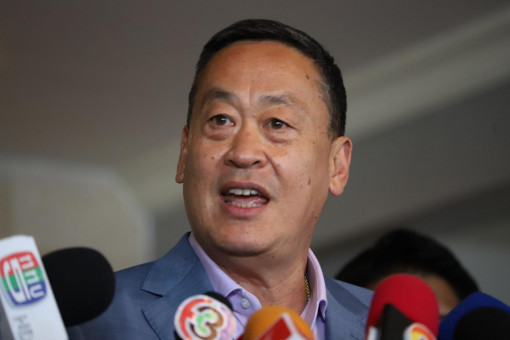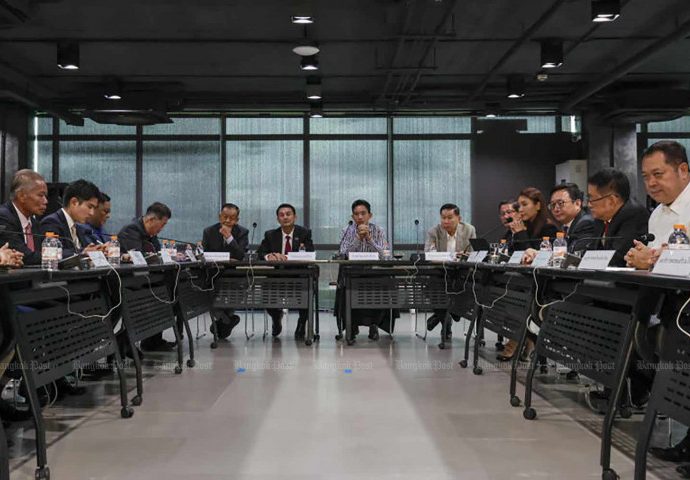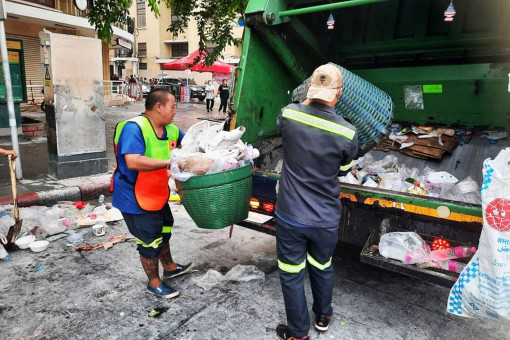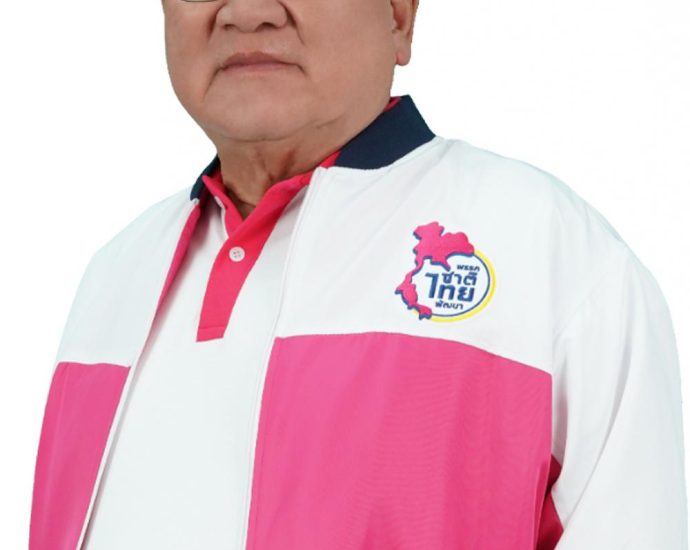Developer of Ashton Asoke ‘must be held responsible’
Chadchart insists BMA not at fault
PUBLISHED : 2 Aug 2023 at 06:16
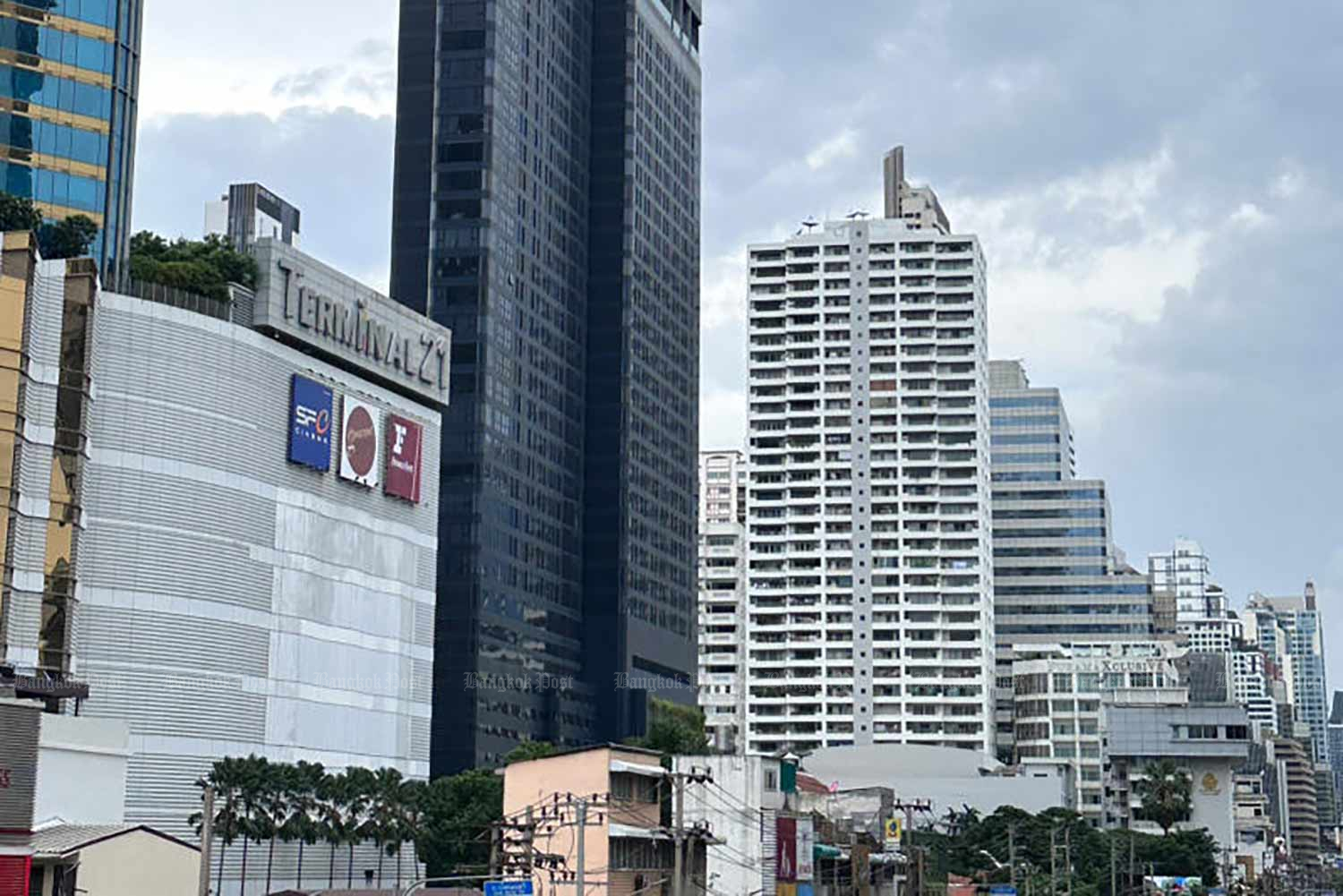
The owner of the Ashton Asoke project is responsible for building an entrance to the condominium complex in accordance with the required standards, so they must be held responsible for failing to do so, Bangkok governor Chadchart Sittipunt said on Tuesday.
Speaking for the first time since the Supreme Administrative Court retroactively revoked Ashton Asoke’s construction permit over substandard access to the main road, Mr Chadchart insisted the Bangkok Metropolitan Administration (BMA) officials did their duties to the best of their ability.
The 6-billion-baht luxury condominium project in Watthana district has been in the headlines since last week after the court ruled the entrance to the property did not meet the minimum required standards for a 50-storey building.
Meanwhile, its developer, Ananda MF Asia Asoke Co, is insisting that they met all the requirements for a building permit and that they secured the necessary approvals from all relevant agencies, including the BMA, before construction began.
Mr Chadchart said on Tuesday that it was clearly stated in the permit requirements that high-rises over a certain height must be connected to a main road by an entrance that has to be at least 12 metres wide.
The rules also clearly state the company will be held liable for any problem that arises in the future, the governor added.
Ashton Asoke’s main entrance is connected to Asok Road. However, part of the entrance belongs to the Mass Rapid Transit Authority of Thailand (MRTA), which expropriated the land to build the entrance to an underground train station right on the project’s doorstep. As a result, the court decided last week that the project lacks a proper entrance and revoked its permit.
While the governor believes Ashton Asoke should be held responsible for the matter, he also said that a lot of the confusion surrounding the minimum requirements could have stemmed from the actions of officials in the previous governor’s administration.
Mr Chadchart is expected to hold a press conference on the issue tomorrow.
Meanwhile, Srisuwan Janya, president of the Stop Global Warming Association, warned the BMA it was duty-bound to implement the court’s ruling in a timely manner or risk breaking the law.
According to the activist, the BMA must notify the condo to immediately rectify the issues with its entrance.
In the meantime, he said, the BMA must do what it can to keep people out of the property until the issues are sorted.
If the condominium’s developer is unable to rectify the problem in a timely manner, the BMA must strictly enforce the Buildings Control Act by ordering the complete or partial demolition of the condominium complex, he said.
“The BMA can’t go on being the saint and letting the condominium developer continue its business as usual without setting a definite timeframe for the developer to address the issues that must be fixed,” said Mr Srisuwan.

